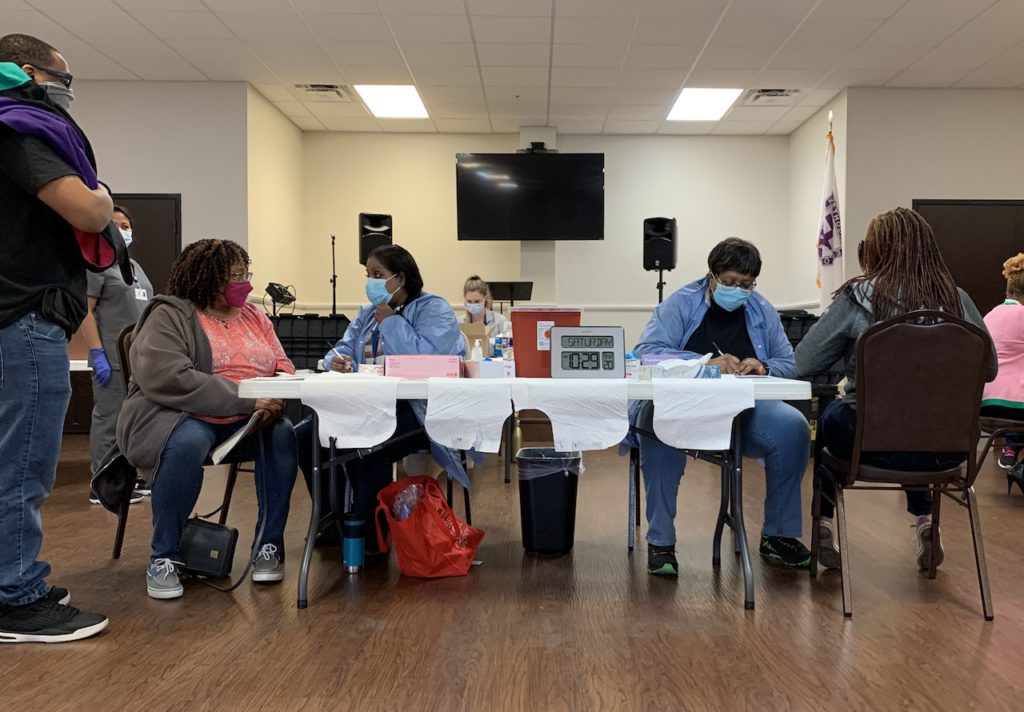
Nashville is using its latest $5 million allocation of COVID relief money to fund health outreach teams. They’re not doctors or nurses, but rather liaisons and educators known as community health workers.
The Metro Public Health Department will work with nonprofit clinics already operating in two parts of town where health disparities are greatest — Southeast Nashville, where there’s a high concentration of immigrant households, and the historically Black neighborhoods of North Nashville. A particular focus will be working with young people to become ambassadors with their own families.
“This is establishing a more consistent and strong relationship with immigrant and refugee populations so the city is not just reacting when an emergency strikes,” says Amy Richardson, chief community health officer at Siloam Health.
Early in the pandemic, Nashville health officials faced cultural barriers made obvious by the concentration of COVID cases in some areas. Immigrant families, especially Spanish-speaking households, were not getting the message about testing or quarantining, and they were often unaware of financial assistance and food deliveries that would help them afford the required isolation.
So the city helped Siloam hire temporary community health workers with Spanish language skills to bridge the cultural divides. They worked closely with contact tracers to reach families that needed a guide to government systems that were confusing, even for people who are accustomed to using them.
Many cities and states already rely on these type of embedded outreach workers to improve health in disadvantaged communities. Richardson says they’re often people who are already assisting neighbors informally.
“They’ve got that natural helper tendency, then we pay them and then they’re able to help people navigate what are the parts of life that make it hard to stay healthy that happen outside of clinic walls,” she says.
The funding runs for two years, but Richardson hopes it leads to a long-term program for the city.
The federal money, distributed in all 50 states, is meant to repair some of the health disparities the pandemic exposed. The state of Tennessee also received nearly $40 million as part of the same allotment and plans to dedicate much of the money to rural communities.

